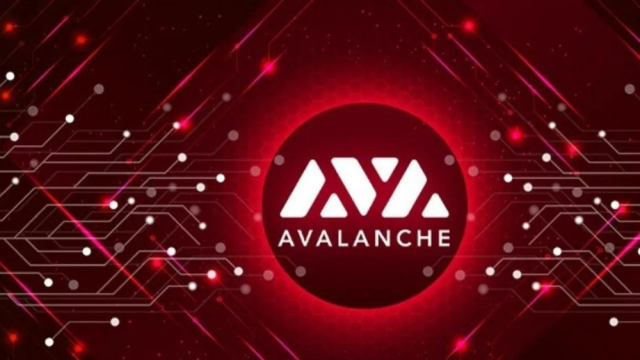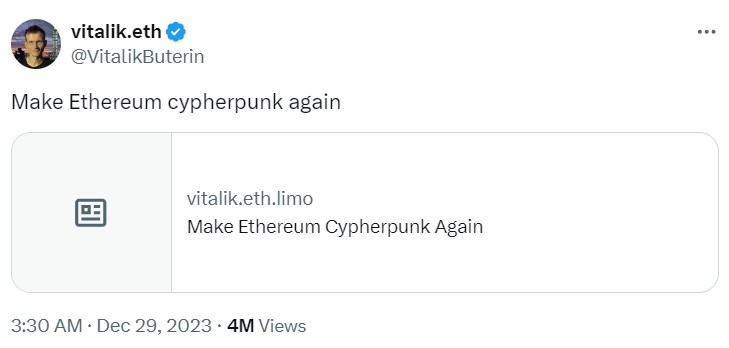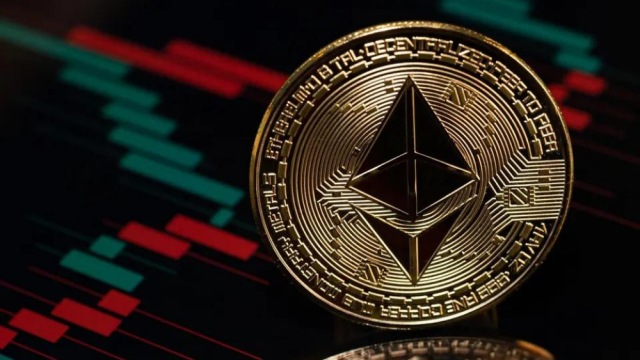Avalanche (Avax) Decided To Increase Funding Flow For Memecoin Initiatives.
- Posted on March 23, 2024 11:18 AM
- Cryipto News
- 460 Views
In December, Avalanche began investing in memecoin projects and announced a $100 million fund for purchasing AVAX-based community tokens.

The Avalanche Foundation, the organization behind the smart contract blockchain network Avalanche, has launched a liquidity mining incentive program to boost community tokens in its ecosystem, with a focus on memecoins.
On March 21st, the foundation announced its program named "Memecoin Rush," stating that it would provide 1 million dollars' worth of Avalanche tokens for traders and liquidity providers of Avalanche-based community coins. The initial phase of the program will commence on decentralized finance (DeFi) platforms SteakHut and Trader Joe. Avalanche emphasized that it would incentivize trading for community tokens within these platforms and introduce liquidity strategies.
As part of the program, rewards will be given to liquidity providers in liquidity pools of memecoins like Coq, NoChill, Tech, and Kimbo, paired with AVAX tokens. Additionally, memecoins such as Coq, Kimbo, NoChill, Gec, Tech, Husky, Meow, Kong, Meat, and Kingshit are listed as beneficiaries of the incentive program.
This move demonstrates Avalanche's adoption of a different approach despite criticism of memecoin traders among crypto community figures. Previously, it was announced that a $100 million culture catalyst fund would be used to purchase memecoin assets based on the network.

Avalanche claims that memecoins represent the "collective spirit and mutual interests of diverse crypto communities" and assert they "go beyond mere utility assets."
Furthermore, the project emphasizes its aim to position the blockchain as a network that supports new forms of creativity and culture.
On January 24th, Avalanche announced specific conditions for sharing in the $100 million fund. The foundation shared that eligibility conditions are based on factors such as waiver of contracts, low ownership concentration among whales, and high liquidity levels. It also noted that projects must be at least one month old.
In March, memecoins on the Solana network reached what one community member described as "the pinnacle of corruption," with token projects raising over $100 million in just three days.
Memecoin founders raised millions of dollars through a controversial fundraising method known as "presale." In this mass funding model, investors sent Solana (SOL) tokens to a wallet address, hoping to receive a weighted token distribution upon launch. However, investors had no guarantee of receiving tokens in exchange for their SOLs.
Stay updated with the latest developments and news in the cryptocurrency markets by following Kriptospot.com.

